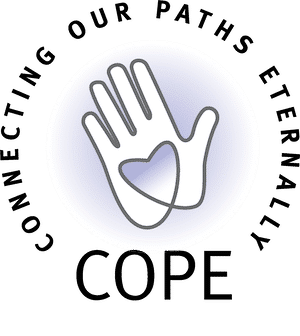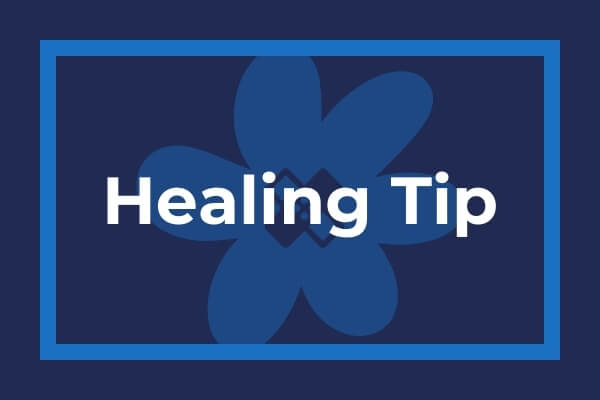The month of April holds National Siblings’ Day on April 10. This day is set to celebrate and strengthen the bonds shared by siblings. Yet, it can leave many grieving siblings feeling sad, reminiscent or unsure about what to do.
Sibling grief is often disenfranchised, overlooked in the larger society. Adult siblings find themselves on the outskirts of support as individuals ask about how parents, spouses and the children of their siblings are doing in their grief. Siblings can also find themselves sandwiched between caring for their own needs and attempting to balance responsibilities to aging parents, work and children. Like in many grief stories, there is also loss of less tangible things. The sibling who mediated relationships with difficult family members, the person who offered opinions and knew facts about a specific topic, the one you could call with mundane details or developing exciting news. It can be harder to describe the yearning and missing in those small moments.
For adult siblings who are experiencing their grief silently or feel overwhelmed with their grief, I want to validate that you are seen. The death of a family member is stressful and often it is the siblings that experience the challenge of doing additional family roles in absence of the deceased.
Keep in mind these tips in your grief:
Maintain the bonds you would like to with your sibling. I often hear grievers wonder if they are crazy for receiving signs, wearing an object that belonged to their sibling or talking out loud to their significant person. Whether through the environments your siblings enjoyed, written or verbalized words, objects that hold meaning, continuing a bond with your sibling is a normal part of the grieving process. The closeness you feel can help bolster the difficult days and provide a sense of meaning and encouragement in your personal life.
Self-compassion is always needed. If a friend was having a difficult time most of us would meet them with gentleness and use words of wisdom about self-care. Turn those kind words towards yourself, and be reminded that grief is full of ups and downs. Great gains in grief can be followed by difficult days, leaving you frustrated with the process. Remember, there is no rush towards ‘healing’. Grief is a reaction to loss, that can be experienced in a variety of ways, with no particular schedule to follow.
Find people and spaces that support your grief. When experiencing disenfranchised grief, it is all the more important to find supports. Surround yourself with individuals who let you authentically speak about your grief or significant person. Keep close those who provide help with mental burdens and physically show up. It’s easy to focus on those who have disappointed us or lack understanding about grief needs. Intentionally choose to lean into those who can be counted on.
As we transition to Spring, I hope more sunlight and warmer weather give way to increased peace along your grief journey.
“At the opening of the buds and in the rebirth of spring; We remember them.” -excerpt from We Remember Them poem by Sylvan Kamins and Rabbi Jack Riemer
Rashida Sanchez, MA, LMSW, FT

